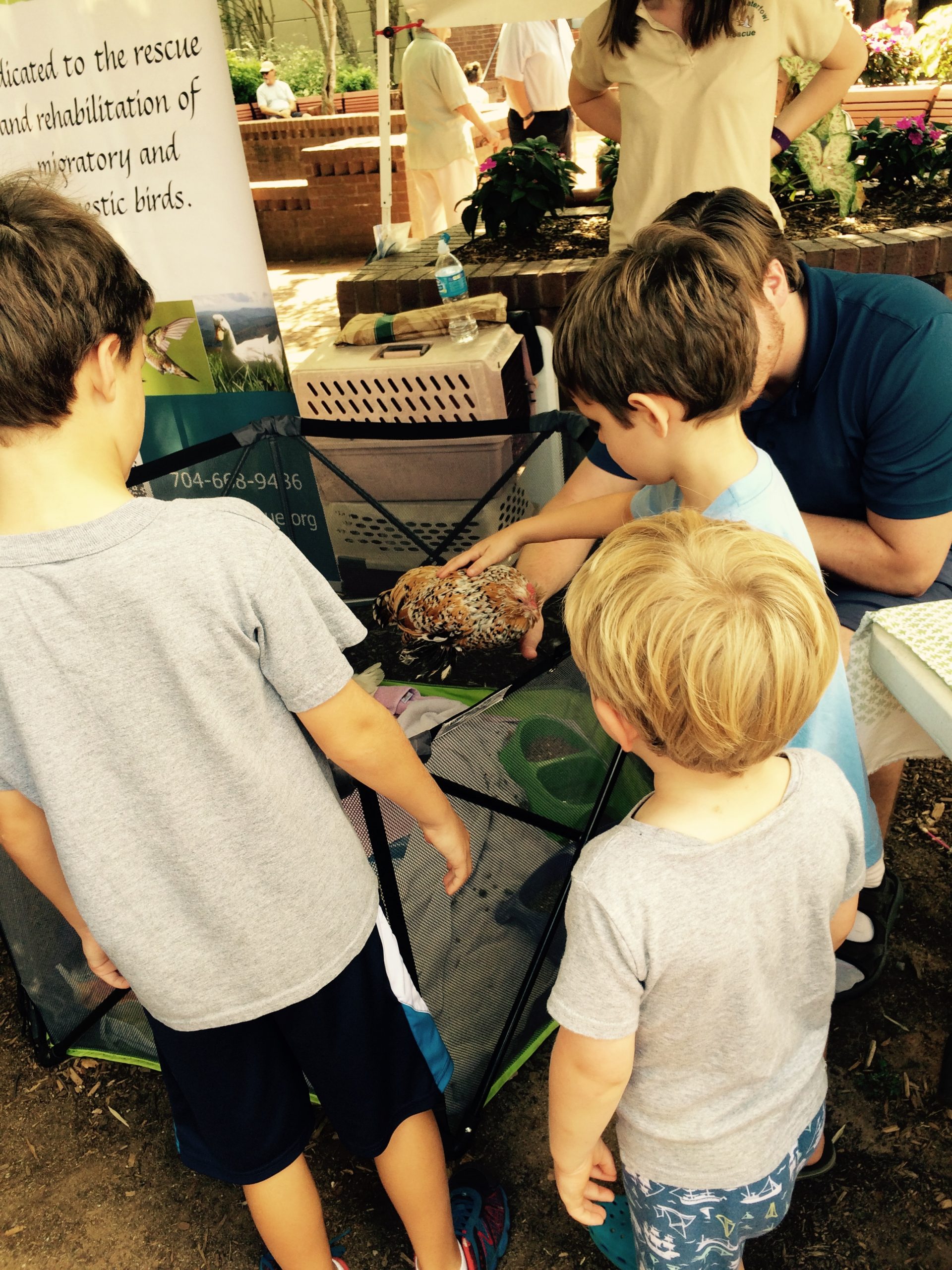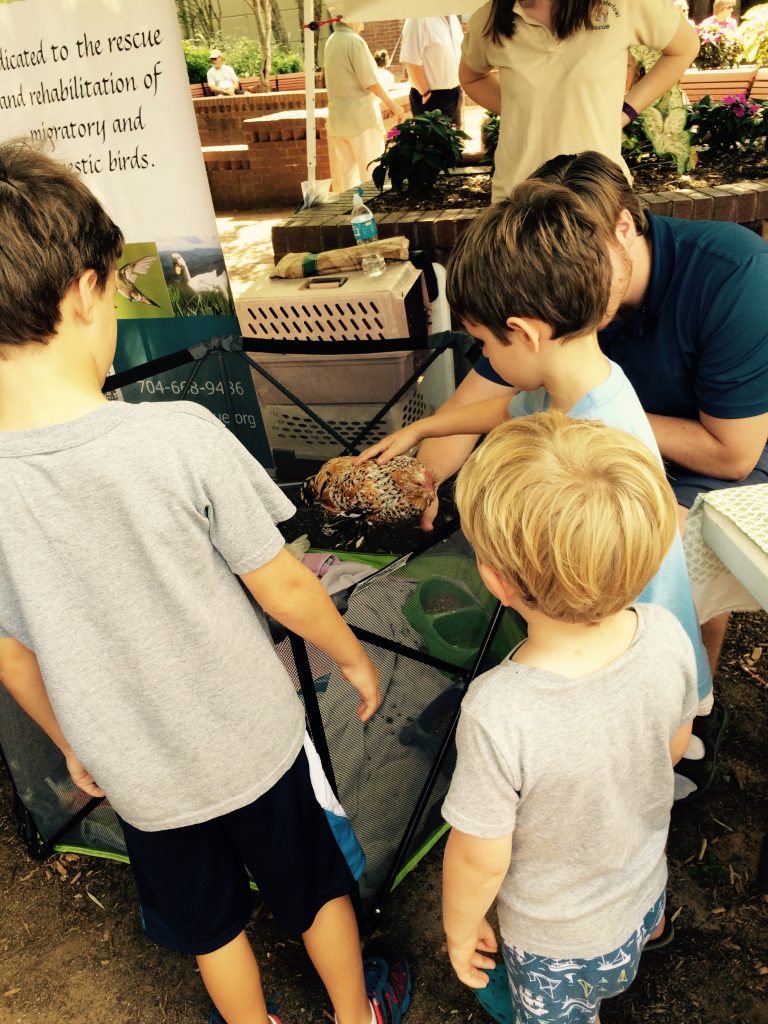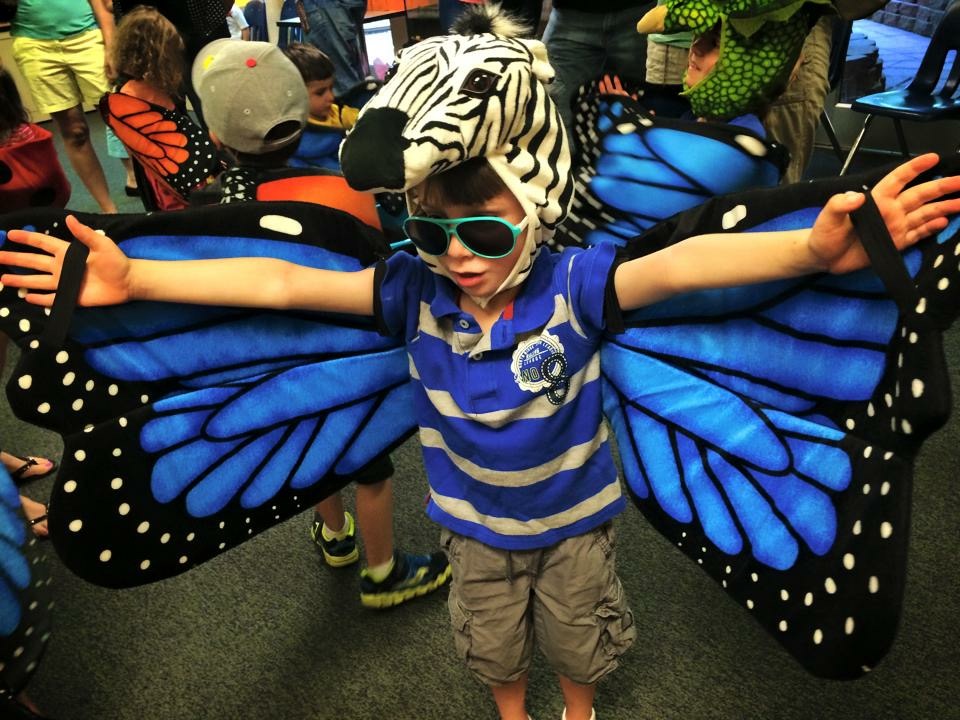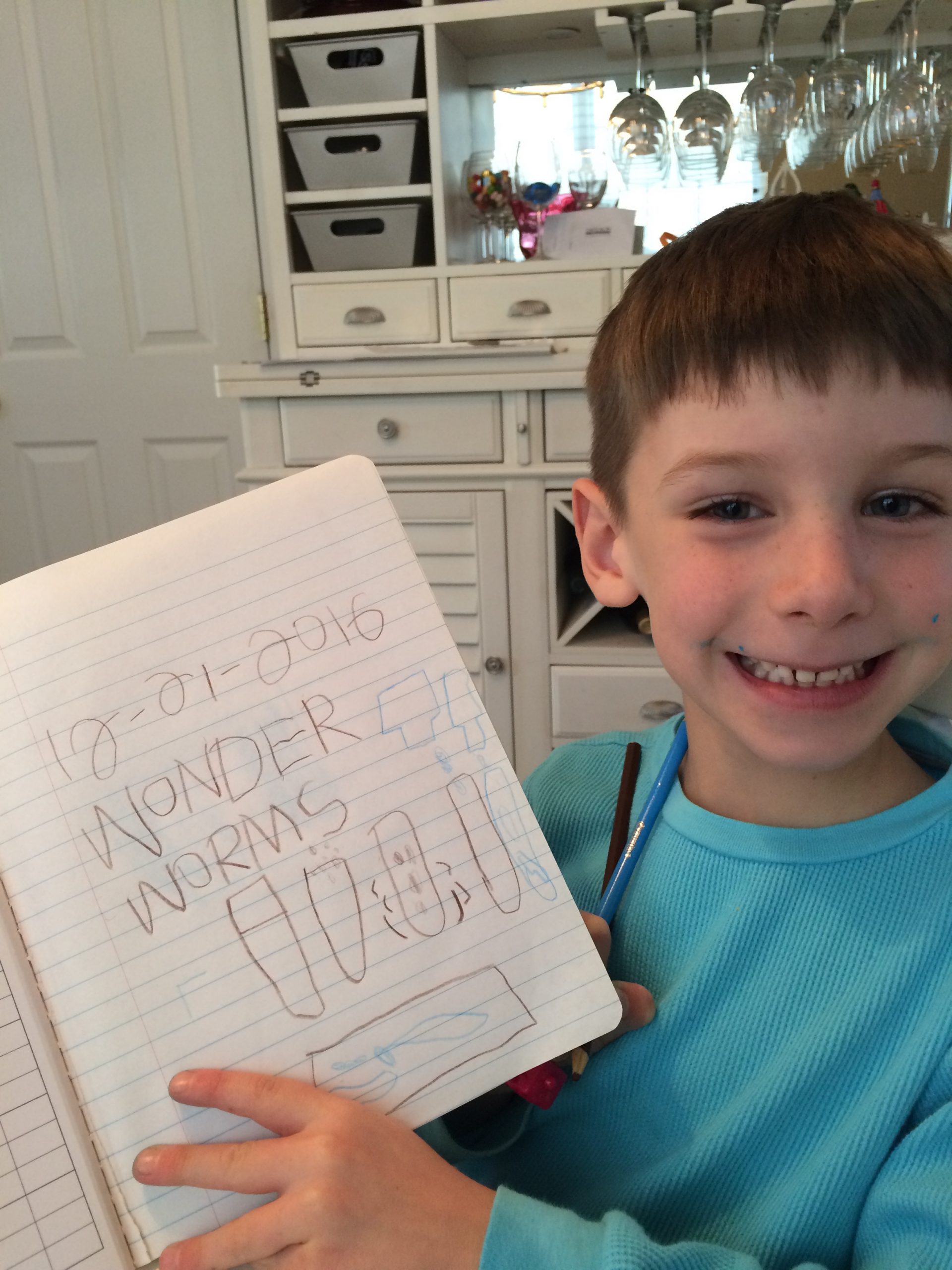Is the journey more important or is it the end result? There is much discussion whether parents and educators should focus on the process (journey) or the outcome (result). In education, many feel it’s the process.

Why The Journey Is Important
Many feel that when we obsess on results, we forget about how to get there. Results motivate us to take action for an outcome. Thus, we tend to form a wrong mindset. And, we create wrong behaviors because we are locked to a certain way of thinking. So, what is the process or the journey? The process is a set of specific tasks needed to reach a particular goal. In becoming more focused on the goal, students begin to doubt themselves. They question if they can achieve the desired result. They begin to think of failure.
As educators and parents, we want children to be thinkers, readers, and communicators. To do this, the journey must be on exploration and experimentation. Projects and assignments must not focus on the final product. However, the final product is important but it is also important to evaluate the process along the way. The result is to demonstrate and document an understanding of a goal. When less focus is put on attention and effort and more on the process, students learn faster and are more successful. The fun of learning fades.
As we focus on the process, we encourage experimentation. When the result is the focus, students are less willing to try a new idea. They are less open to serendipity. Less open to chance on a better outcome than the original goal.
The process also puts the student in control. The amount of effort a student puts into a goal or a project, is up to the student. The more a student focuses on the process the more confident they will become. It’s important to remember to focus on the process and let the outcome take care of itself. Trust the process.




